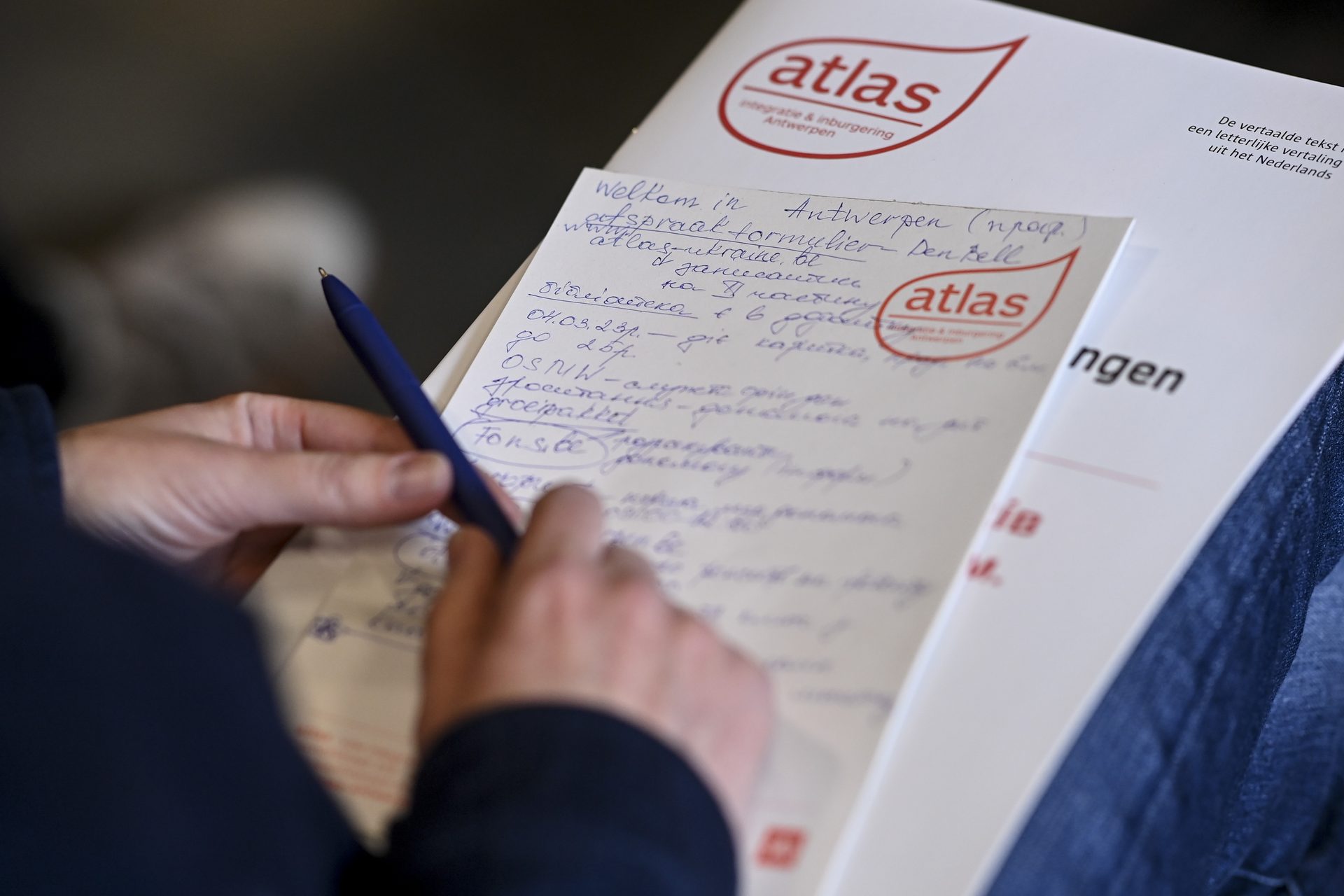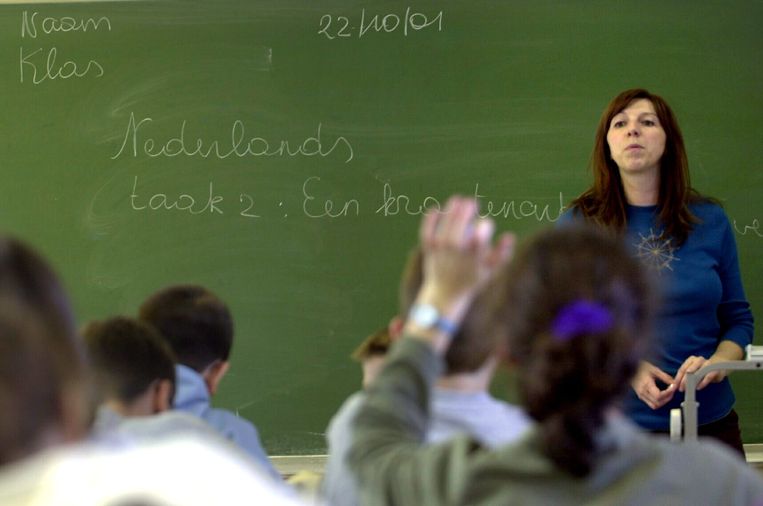The Flemish Government is raising the required language level to B1 speaking level for newcomers to Belgium who are following an integration programme. The programme will be adjusted with more guidance and support to help participants achieve this higher level.
The civic integration programme in Flanders currently consists of various parts. One of these is attaining language level A2 (basic level) – according to the Common European Framework of Reference for Languages (CEFR). Now, the required language level for speaking is being raised to B1 (independent speakers), announced Flemish Integration Minister Hilde Crevits (CD&V).
"A good knowledge of Dutch is the best guarantee to be able to participate in school, at work, and in daily life," said Crevits. "Dutch is the key to participating in our society. Therefore, we are raising the language level for speaking to B1 and we are also providing the necessary support so that everyone can participate."
In addition to language education, the integration programme includes a social orientation course, registration with the VDAB/Actiris employment agency and a participation and network programme.
Sustainable job opportunities
People who achieve a B1 level are seen as "independent users of Dutch," and therefore have more sustainable opportunities in the labour market.
On average, 41% of those who achieve A1 level are employed after three years. This percentage rises to 50% for those who achieve A2, and to 56% for those who achieve B1 or higher. In addition to work, Dutch is also an important key to a close-knit society, as it allows people to communicate more easily in their everyday lives.
Crevits added that approximately 70% of immigrants have completed secondary-level education or a university degree. Therefore, "it should be possible to achieve language level B1 with sufficient measures and support." The focus is on breaking out of the classroom, creating more practice opportunities, and following up closely.

Atlas Antwerp implements the Flemish integration policy on behalf of Antwerp city. Credit: Belga / Dirk Waem
All newcomers will have an intake interview to determine what kind of guidance they need. The agencies will also work to provide additional follow-ups. Guidance during the process should lead to more motivation and fewer drop-outs.
The bar is set at B1 oral for everyone (other competencies will remain at A2). Within the integration programme, there are very diverse profiles, ranging from a low-skilled mother from Guinea to a young teacher from Ukraine or an experienced, highly-educated surgeon from Afghanistan. "Everyone is already following an adapted language learning programme today, based on the intake."
"When raising the level, we will also take into account people who, due to circumstances – based on objective criteria – cannot reach that level," Crevits said. "But we also ask these people to make an additional effort, by offering an alternative course with language practice opportunities: this way, their language level is further improved."

